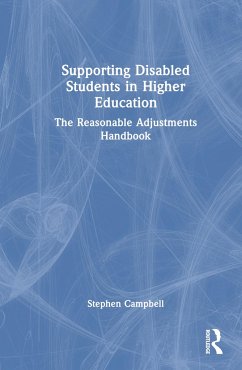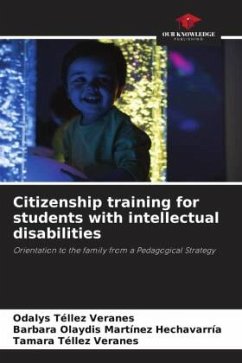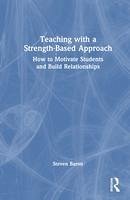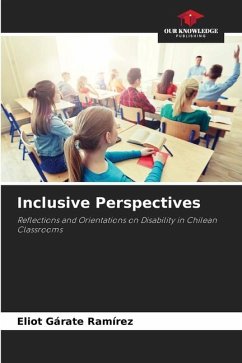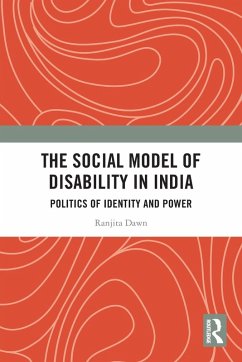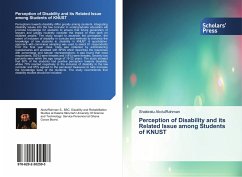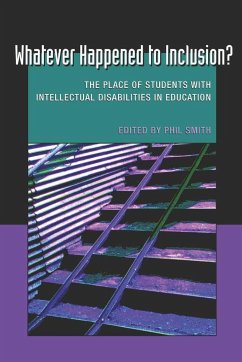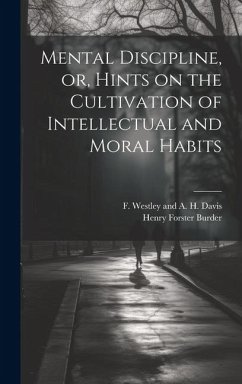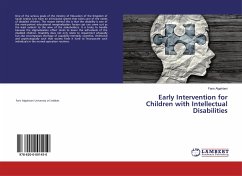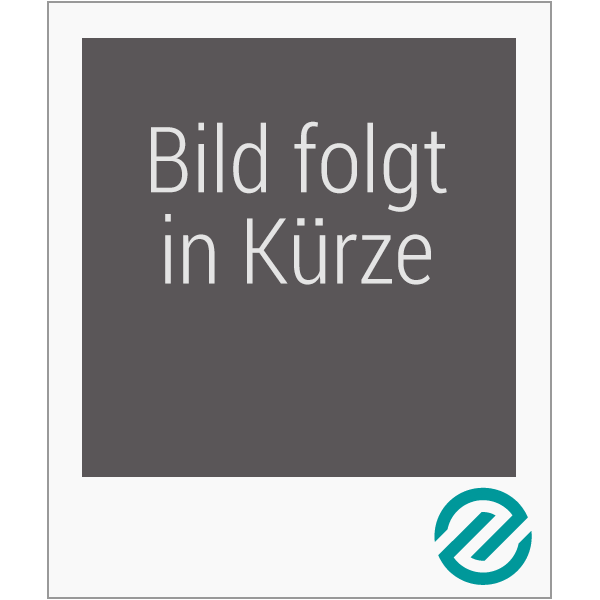
Handbook of Research-Based Practices for Educating Students with Intellectual Disability
Versandkostenfrei!
Versandfertig in 1-2 Wochen
325,99 €
inkl. MwSt.

PAYBACK Punkte
163 °P sammeln!
Now in its second edition, this comprehensive handbook emphasizes research-based practices for educating students with intellectual disability across the life course, from early childhood supports through the transition to adulthood.





